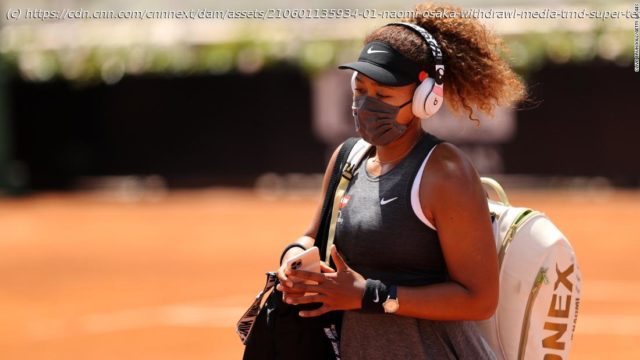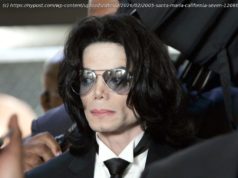Osaka’s withdrawal will reverberate throughout sports and could prompt the powers that be to rethink how athletes and the press interact.
Naomi Osaka of Japan, who at age 23 is ranked No.2 by the Women’s Tennis Association and has four Grand Slam titles, withdrew from the French Open this week, a decision she said she made to prioritize her mental health. The international sports establishment saw her decision as a stunning rebuke of the status quo. But it’s evidence, too, of the changing paradigms of what professional athletes, particularly women of color, are willing to accept from an international media whose treatment of said athletes often teeters from embarrassingly ignorant to blatantly sexist and racist. “I believe the ability for athletes to control their own narrative has slightly shifted,” said Sabrina Razack, a doctoral candidate at the University of Toronto who’s published works about the treatment of Osaka by the media. But despite the advances, some media narratives perpetuate “racist and sexist stereotypes” of professional athletes, she added. Osaka rankled the tennis establishment last week when she said she wouldn’t participate in press during the French Open to protect her mental health — something she said sports organizations do not value when they force athletes to participate in press conferences. In a message written on the iPhone Notes app, Osaka said, “If the organizations think they can just keep saying, ‘do press or you’re gonna be fined,’ and continue to ignore the mental health of the athletes that are the centerpiece of their cooperation [sic] then I just gotta laugh.” Roland-Garros, another name for the French Open, responded by fining her $15,000 for declining to speak to the media and threatening her with expulsion. On Monday, Osaka, in a note to fans and press, said she’d withdraw from the tournament. Osaka’s withdrawal wasn’t done with malice or disrespect — it was a decision she made in her own interest, and she chose her mental well-being over immediate success. But it will reverberate throughout sports and could prompt the powers that be to rethink how athletes and the press interact, said Guy Harrison, an assistant professor of sports media at the University of Tennessee’s School of Journalism and Electronic Media. “To my knowledge, this is the first time that an athlete has held the media’s feet to the fire as it relates to athletes’ mental health,” he said of Osaka. The outdated press conference model doesn’t serve athletes or media, experts say There was a time when athletes relied on traditional media to build their brands and cement their statuses. Digital advancements have returned power to the athlete, but many professional sports organizations are still “set in their ways” when it comes to old media practices, Harrison said. Press conferences, too, are a relic of a time before social media and ESPN and its successors, when the only way into an athlete’s psyche was to read through the rehearsed, measured responses they gave, or to hope for an outburst of emotion. Today, they’re “no longer a meaningful exchange but really a lowest-common-denominator transaction: a cynical and often predatory game in which the object is to mine as much content from the subject as possible,” wrote Guardian sports blogger Jonathan Liew. Press conferences today can be boring — as athletes run through the motions or try to mask their malaise — or almost punitively personal, Liew wrote in a Monday blog. Athletes young and old are “expected to answer the most intimate questions in the least intimate setting,” he said. Osaka, in her initial message, said sitting for press conferences means answering questions that seed doubt in her mind or breaking down in front of a captive audience after a loss.
Home
United States
USA — Music Naomi Osaka's withdrawal from the French Open highlights the tenuous relationship between...






